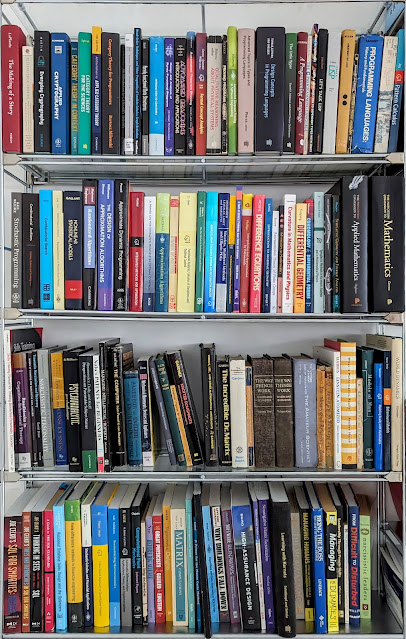Innovation, and failure

Last weekend my dad found an old book of mine from 1979: "A solid state of progress" from Fairchild. I am not sure how I got it, and I had not seen it since ~1985. Here is a picture out of it: The book has about 50 "art" pictures of integrated circuits, and that's it. They are all carefully presented, each one with a little marketing blurb, as this is a marketing publications, and the book has a marvelous "old color ink" smell. For those that do not know, Fairchild was "the" semiconductor company of the early sixties and from it many were born. Here is a figure that I have copied without permission from someone who redrew without permission a version of a graphic found on page 12 of the in October 2007 issue of The IEEE Spectrum magazine: Finding this book after something like 30 years made my weekend, but the reason I wanted to mention it, is because this book brings together a few special themes: Innovation : Wow, Fairchild ...
